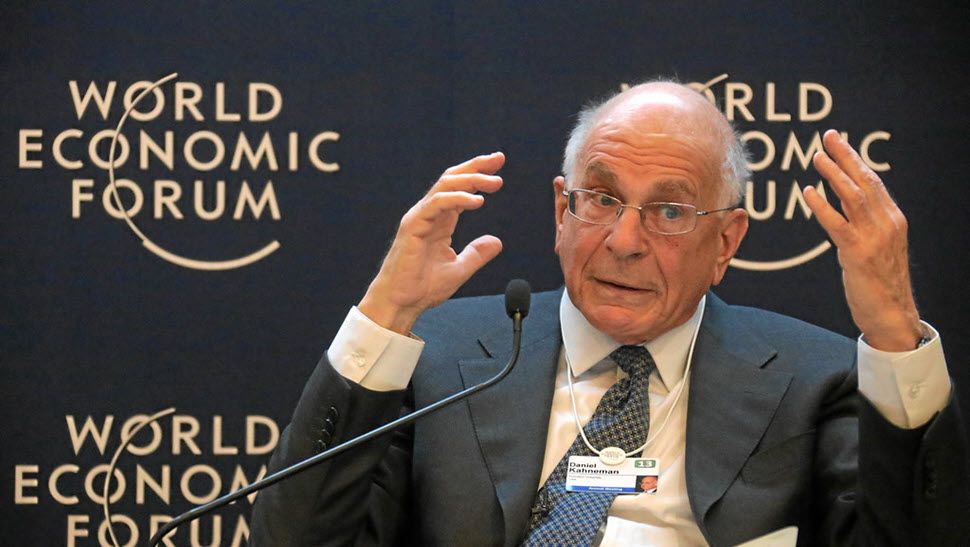Daniel Kahneman, an important psychologist of the 20th century, combined psychology and economics. His findings challenged traditional economic theory and led to the emergence of behavioural economics.
An NZZ article in German looks back on Kahneman's work. We provide a brief summary here.

Kahneman showed that people do not always act economically reasonable, but are influenced by emotions and convenience. One example of this is the loss aversion researched by Kahneman. It describes the phenomenon that people feel losses more strongly than gains, which leads to overcautious behaviour and cannot be justified in economic terms.
Fast and slow thinking
Kahneman holds the functioning of the systems of thought in the brain responsible for these reactions. He showed how one system in the brain, which works quickly and intuitively, often dominates decisions, while the second system, which is cognitively demanding and slow, is being avoided.
Kahneman's legacy
Daniel Kahneman leaves a legacy that extends far beyond the academic world. His work has significantly changed the understanding of human behaviour, for which he was the first non-economist to be awarded the Nobel Prize in Economics in 2002. His close collaboration with Amos Tversky characterised his work and contributed to the creation of numerous groundbreaking scientific contributions. Daniel Kahneman died on 27 March 2024.
You can find the full article in German here.
A tribute to Daniel Kahneman in English is available on the UBS Center on the UZH website.
